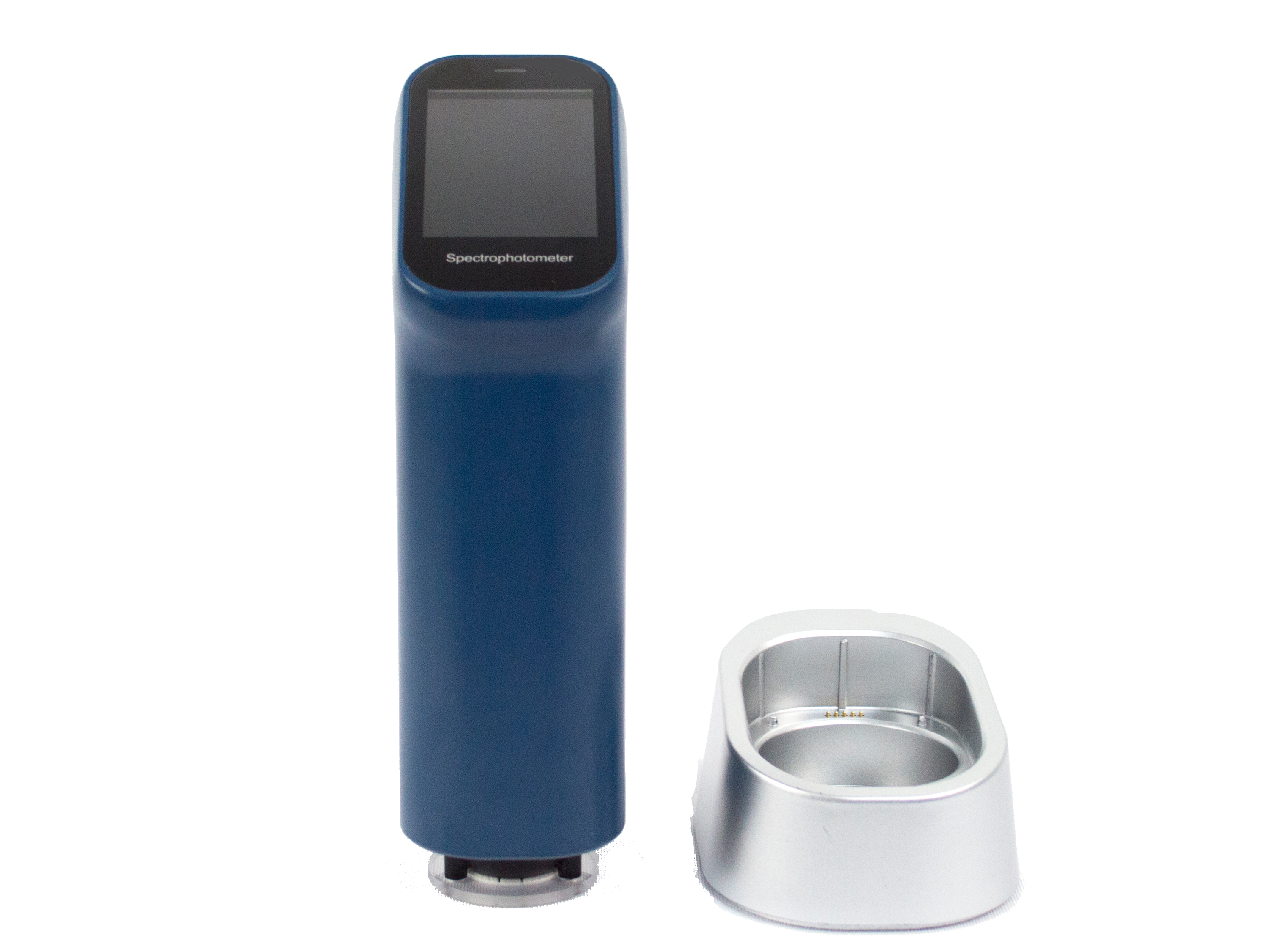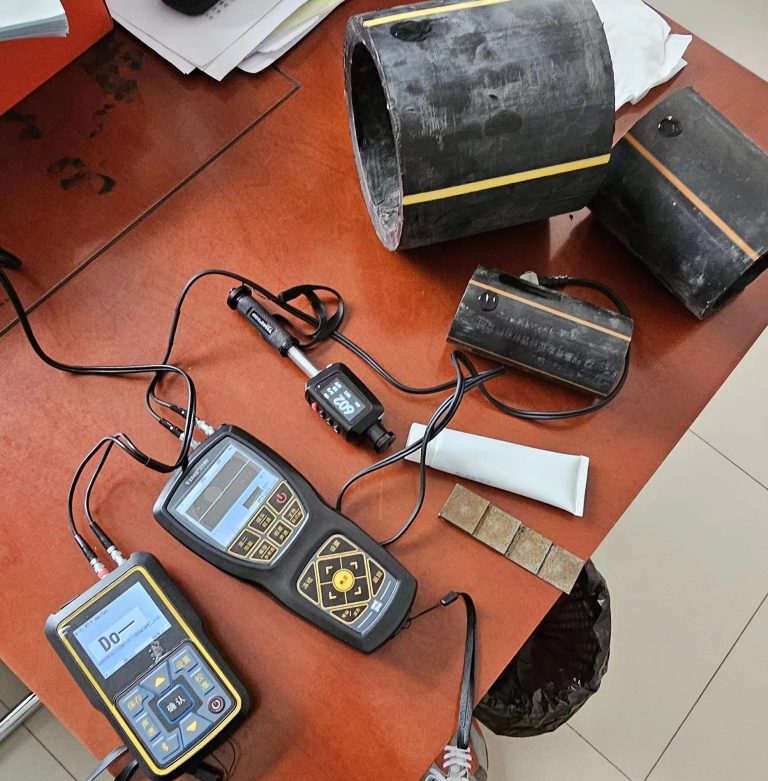How to choose the hardness scale?
When it comes to selecting the right hardness scale for a particular application, there are several factors to consider. The hardness scale is used to measure the resistance of a material to deformation, and different scales are used for different types of materials.

One of the most commonly used hardness scales is the Rockwell scale, which measures the indentation hardness of materials. This scale is suitable for a wide range of materials, including metals and plastics. Another popular hardness scale is the Brinell scale, which is used for softer materials such as metals and non-metallic materials.
When choosing a hardness scale, it is important to consider the material being tested and the level of accuracy required. For example, if you are testing a metal material that is very hard, you may want to use a scale that is specifically designed for measuring high hardness values. On the other hand, if you are testing a softer material, a scale that is more sensitive to lower hardness values may be more appropriate.
It is also important to consider the size and shape of the test material, as different hardness scales may require different types of indenters and testing procedures. Additionally, the cost and availability of equipment for a particular hardness scale should also be taken into account.
Choosing the right hardness scale is crucial for obtaining accurate and reliable hardness measurements. By considering the material being tested, the level of accuracy required, and other relevant factors, you can ensure that you select the most appropriate hardness scale for your specific application.







